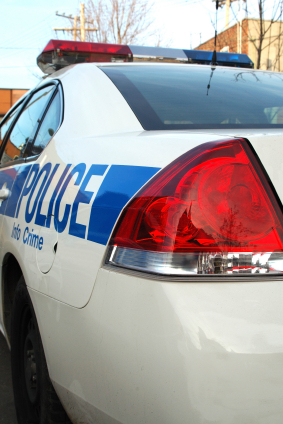
NOTE: This page was refreshed with supplemental content to clarify how Public Act 99-663 adjusted Illinois state law. After this Act became effective on January 1, 2017, the Illinois penalties increased for failure to stop at a railroad crossing.
A ticket for disobedience to a signal indicating the approach of a train is based on the Illinois statute 625 ILCS 5/11-1201. The law provides that a motorist is not always required to stop at railroad tracks. But they must always exercise due care.
In Illinois, what are the requirements for drivers to stop at a railroad crossing?
There are five conditions that require a driver to stop before railroad tracks:
- There is a clearly visible electric or mechanical signal warning that a train is approaching;
- The crossing gate is lowered;
- A train is approaching while sounding its horn and is close enough to be an immediate hazard;
- A train, while not blowing its horn, is plainly visible and constitutes an immediate hazard; or
- The train is approaching so closely that an immediate hazard is created.
If any of the above factors are present, then the driver must stop at least 15 feet prior to the crossing.
Driving a vehicle through, around, or under any crossing gate is illegal. If this occurs, an arresting officer is likely to give the operator more than just a ticket. There is likely going to be an arrest and criminal charges.
Explanation of penalties for failure to stop at a railroad crossing in Illinois
A first offense of failure to stop at train tracks is a petty offense, meaning it is punishable by fine only. Until 2017, the fine for this offense was $250. The fine is now $500. The court may impose 25 hours of community service, and this is a matter of discretion for the judge. Thus, an egregious violation may result in 25 hours community service.
A second or subsequent ticket for disobeying a railroad signal used to have a minimum $500 fine. Since 2017, the fine for repeat offenses increased to $1,000. But the most important aspect of repeat violations is that the Secretary of State will suspend the defendant’s driver’s license for six months.